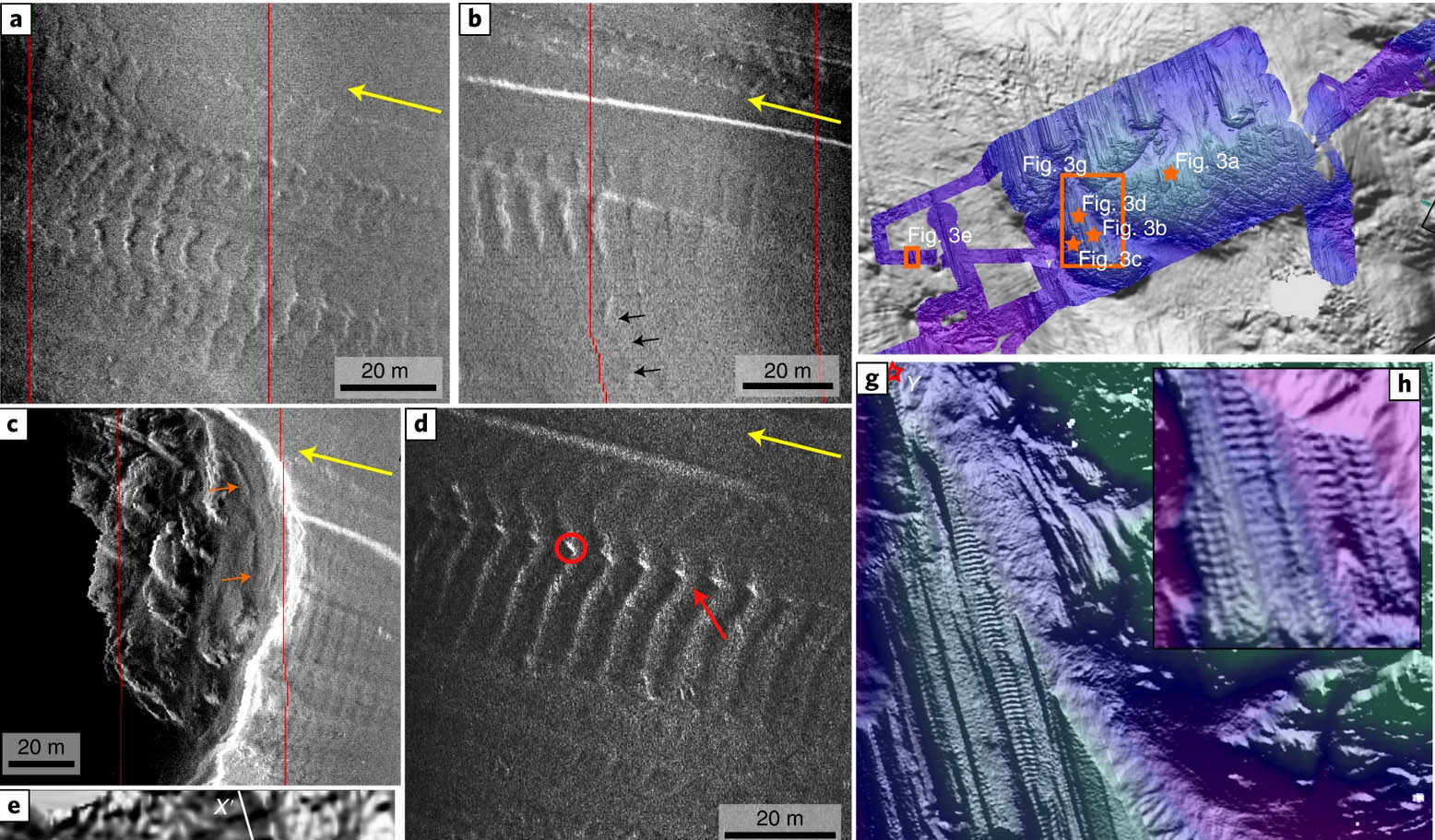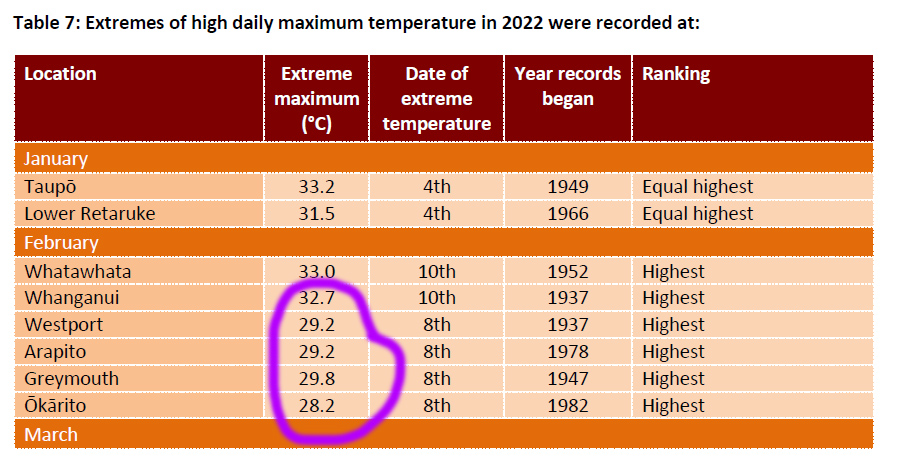Buy ‘Our Stories’ for Mother’s Day and we’ll give you a free Missing Pieces book as well on the Swedish tourists mystery. Two great gifts for the price of one!
Our Stories
The Way We Used To Be: The New Zealand That Time Forgot
Edited by Ian Wishart
Howling At The Moon Publishing
ISBN 978-0-9941064-0-7
330 pages, illust.
RRP $38.99
FROM THE BACK COVER:
Every day, thousands of news stories are published in New Zealand, chronicling the big events and the small. Most of these stories are long forgotten by the time historians get around to compiling the ‘official’ record of our country.
In Our Stories, author and journalist Ian Wishart brings out the most fascinating forgotten tales of our past, told through the eyes of the people who were there.
Read about the tsunamis that washed away the homes and lives of our early European immigrants, or the earthquakes that toppled Christchurch buildings more than a century ago and lifted Wellington out of the sea.
Read the real story about the search for gold, or the visiting circuses whose lions and leopards escaped, or the dinosaur found on a Taranaki riverbank.
Discover the heroes and villains of our past through long forgotten news stories, and find out how life really was in pioneer New Zealand.
These, and many more, are our stories…
SNIPPETS
Eleanor Catton trawled through old newspapers for ideas; Ian Wishart trawled through old newspapers for the stories: epic, sweeping adventures, unfolding mysteries and grand narratives. Our Stories runs the full spectrum, from ordinary pioneer life to the kind of things not generally experienced anymore:
“The panic among the ladies of the ballet when the lion suddenly appeared in their midst was intense. Three of the ladies, however, were possessed of more courage than the rest, and, snatching off their shoes, they beat the greatly astonished beast into submission. When the lion-tamer arrived the lion welcomed him with evident joy, and allowed himself to be led back to his cage in the most docile fashion. He seemed as glad to get away from the ballet girls as they were to be rid of him.”
New Zealand was a land where pioneer women were resourceful:
“ ‘Have you any children?’ inquired the landlord of a woman who was seeking tenancy of his house (reports the Hawera Star). Snappily, the idle woman replied, ‘I don’t see what that has to do with you!,’ and then, in a rather mournful tone, ‘but if you particularly want to know, I have four—in the cemetery.’ The deal was at once concluded. Then the woman retrieved four children from the cemetery where she had left them to read about the virtues of dead landlords, pending the result of her negotiations with a live one. The distressed man consulted his solicitor, but was not given much hope of getting an order of ejectment, and the woman, it is understood, defends her finesse, holding that everything is fair in love and war—and in house-hunting nowadays.”
But apparently kiwi women were not as hard done by as their Aussie counterparts, according to some living here:
“Women today in Australia, and sometimes English ones at that, are going through, and with a smile, far worse conditions than even the pioneers went through in New Zealand. I refer to the out-back women in -Australia, often living in iron houses, with the temperature around about 95 to 120 in the shade,, with the nights just as hot. It was only a few years back that I had the privilege of visiting a woodcutter’s hut in the summer, and the occupant of the hut, a little English woman who had come out from a climate almost as pleasant as New Zealand is blessed with, and who had had, up to the time I am speaking of, three young children all born out in the land of heat, dust, flies, pests, and reptiles, casually remarked to us visitors:— “Here are three snakes I killed in the kitchen before breakfast this morning.” Yes, they are out there battling against tremendous odds at the present time. I have lived in both countries, and I would definitely state, of course, all big towns in any country are fairly comfortable to live in, but I think anyone will agree that the bush country in New Zealand anywhere, and any old time, is and always has been, and always will be, a paradise compared with most other countries..”
These were the days when New Zealand was still giving up its secrets to explorers:
“The jaws were of the most formidable description – they are over three feet in length, forming a narrow muzzle armed with sixty powerful teeth”. New Zealand, it seems, was home to a few surprises:
“Amongst this class of specimens may be ranked that of a gigantic seal’s skull, picked up near Hokitika. As its strength of tusk and body is computed to have been equal to that of four full-grown tigers, it must have been a truly formidable foe…”
Read more details here:







